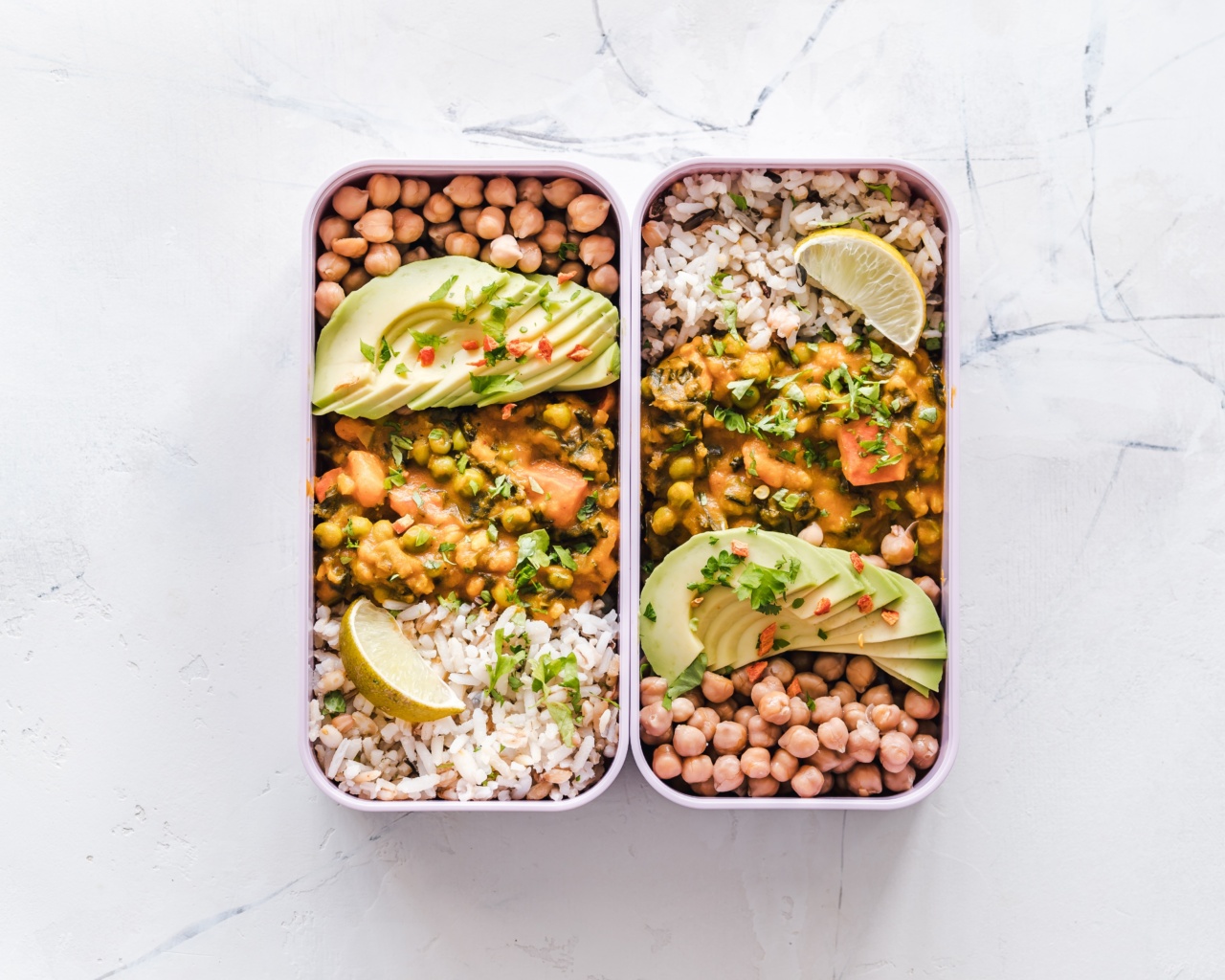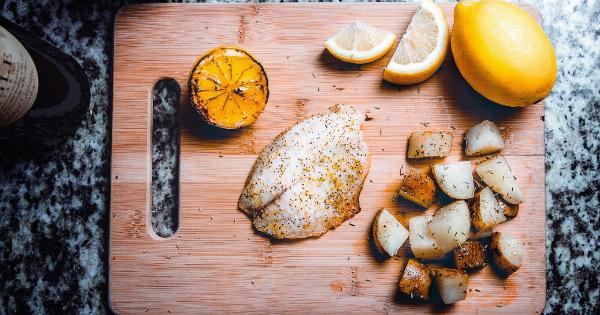Glaucoma is a serious eye condition that can lead to irreversible vision loss. It occurs when the optic nerve is damaged, usually due to high eye pressure.
While there is no known cure for glaucoma, certain lifestyle and dietary changes can help prevent its development or slow down its progression. One such approach is incorporating a variety of nutrient-rich foods into your diet that have been linked to promoting eye health. In this article, we will explore the top foods that are beneficial for preventing glaucoma.
1. Leafy Green Vegetables
Leafy green vegetables such as spinach, kale, collard greens, and Swiss chard are rich in antioxidants, vitamins, and minerals. They contain nutrients like lutein, zeaxanthin, vitamin C, and vitamin E, which are known to support eye health.
These antioxidants help protect the eyes from oxidative stress and may lower the risk of glaucoma. Including leafy greens in your diet can be as simple as adding them to salads, stir-fries, smoothies, or steaming them as a side dish.
2. Fish
Fatty fish like salmon, mackerel, trout, and sardines are excellent sources of omega-3 fatty acids. These healthy fats are known to reduce inflammation in the body, including the eyes.
Regular consumption of omega-3 fatty acids has been associated with a decreased risk of glaucoma and improved overall eye health. Aim to include fish in your diet at least twice a week to reap the benefits.
3. Nuts and Seeds
Nuts and seeds such as almonds, walnuts, flaxseeds, and chia seeds are rich in omega-3 fatty acids, vitamin E, and antioxidants. These nutrients can help protect the optic nerve and reduce the risk of glaucoma.
Snack on a handful of nuts or sprinkle seeds over your morning cereal or yogurt to incorporate them into your diet.
4. Colorful Fruits and Vegetables
Eating a variety of colorful fruits and vegetables can provide a range of antioxidants and vitamins that support eye health.
Brightly colored fruits and vegetables, such as oranges, yellow peppers, carrots, and berries, are rich in vitamin C, vitamin A, and carotenoids. These nutrients have been associated with a reduced risk of glaucoma. Include a colorful assortment of fruits and vegetables in your meals and snacks to ensure you are getting a diverse range of nutrients.
5. Whole Grains
Whole grains like quinoa, brown rice, oats, and whole wheat are excellent sources of vitamins, minerals, and fiber. Studies have suggested a link between a high-fiber diet and a reduced risk of glaucoma.
Fiber aids in regulating blood pressure, which is crucial for maintaining healthy eye pressure. Substitute refined grains with whole grains to enhance your overall eye health.
6. Garlic
Garlic is known for its numerous health benefits, including its potential to support eye health. It contains sulfur compounds that may improve blood circulation, which can be beneficial for maintaining proper eye pressure.
Use fresh garlic in your cooking or consider taking garlic supplements after consulting with your healthcare provider.
7. Green Tea
Green tea is a rich source of antioxidants, particularly catechins. These compounds possess anti-inflammatory and neuroprotective properties, which may be beneficial for preventing or managing glaucoma.
Enjoy a cup or two of green tea daily to derive its potential eye health benefits.
8. Citrus Fruits
Citrus fruits like oranges, grapefruits, lemons, and limes are packed with vitamin C, which is an antioxidant that may help protect the eyes against oxidative stress and damage.
Vitamin C also supports blood vessel health, which is important for adequate blood flow to the eyes. Include citrus fruits in your diet as a refreshing snack or add their juice to homemade dressings or sauces.
9. Eggs
Eggs are a nutrient-dense food that provides several vitamins and minerals important for eye health. They are rich in antioxidants such as lutein and zeaxanthin, as well as vitamins A, E, and zinc.
These nutrients have been associated with a lower risk of developing glaucoma. Make eggs a part of your diet by enjoying them boiled, scrambled, or in omelets.
10. Beans and Legumes
Beans and legumes like black beans, kidney beans, lentils, and chickpeas are excellent sources of zinc, which is a mineral important for eye health.
Zinc has been shown to help protect against oxidative stress and improve the body’s ability to absorb other essential nutrients, such as vitamin A. Add beans or legumes to soups, salads, or stews to make them a regular part of your diet.

























